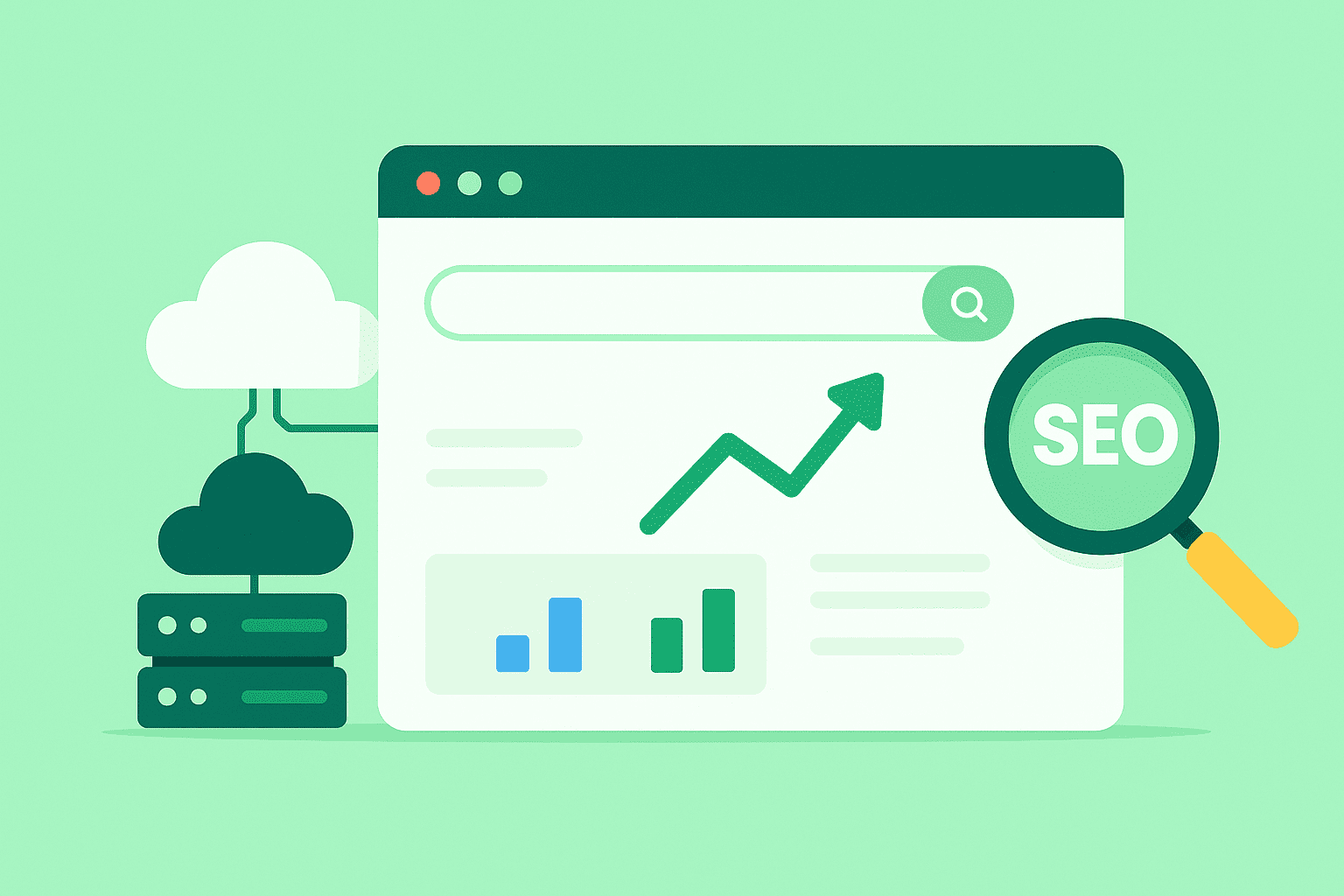SaaS SEO: How to Drive Growth and Visibility for Your Software Business

For SaaS businesses, SEO is more than just rankings—it’s the engine that drives sustainable, long-term growth. Unlike e-commerce or media sites, SaaS companies need SEO strategies that connect deeply with user intent, build authority, and guide potential customers through the entire buying journey.
In this guide, we’ll dive into how to approach SaaS SEO, including practical tactics you can implement today to help your SaaS brand stand out in search.
Why SaaS SEO Is Unique
SEO for SaaS has its own challenges:
Long, complex sales cycles
Highly specific user intent
Fierce competition from established tools
A need for educating potential customers
But it also offers huge opportunities. SaaS users are often looking for solutions to very specific problems—meaning intent-driven content can capture valuable, qualified leads.
Keyword Research for SaaS SEO
Focus on High-Intent Keywords
Generic traffic won’t convert for SaaS products. Instead, target:
“Best [software type] for [specific use case]”
“How to solve [specific problem] with [tool type]”
“[Competitor] alternatives”
“[Feature] software for [industry]”
These searches come from people actively exploring solutions—perfect for SaaS lead generation.
Create Pain-Point Driven Content
The best SaaS content addresses user pain points directly. Think beyond simple blog posts:
Detailed how-to guides
Product comparisons
Problem-solution articles
Integration tutorials
Example:
Instead of writing “CRM Best Practices,” write “How Small Businesses Use CRM Tools to Reduce Customer Churn.”
Pain-point content connects emotionally, builds trust, and positions your software as the solution.
Build Feature & Solution Pages
Every core feature of your SaaS product deserves its own optimized page. Why?
They rank for specific feature searches
They serve as landing pages for PPC or social ads
They educate users deeper into the sales funnel
Example:
/features/email-automation
/solutions/enterprise-customer-support
These pages often become high-converting traffic hubs.
Establish Topical Authority
Modern SEO favors depth over breadth. To win in competitive niches, your SaaS website should cover its core topics thoroughly.
Ways to build topical authority:
Publish industry glossaries
Write FAQs targeting common questions
Produce in-depth guides for each niche topic
Share original data or case studies
This signals to Google that your brand is an authority—and builds trust with potential customers.
Technical SEO for SaaS
Many SaaS websites are built with frameworks like React, Vue, or Next.js. While powerful, these can create SEO challenges if pages render primarily client-side.
Ensure:
Server-Side Rendering (SSR) or Static Site Generation (SSG) is implemented for key pages
Pages load fast and meet Core Web Vitals standards
Clean, descriptive URLs
Dynamic routes (e.g., feature pages) are crawlable
Technical SEO is crucial because SaaS sites often have fewer pages than content-heavy blogs—each page must perform its best.
Social Proof & E-E-A-T
Trust matters, especially in B2B SaaS. Display:
Reviews and testimonials
Third-party badges (G2, Capterra, etc.)
Case studies and user stories
Author bios highlighting expertise
This builds E-E-A-T:
Experience
Expertise
Authoritativeness
Trustworthiness
These are signals Google increasingly uses to rank content—especially for business and financial topics.
Optimize for Long-Tail Keywords
SaaS customers often start with broad searches, then refine them. Long-tail keywords:
Are less competitive
Indicate high purchase intent
Capture users further down the funnel
Example:
Instead of “CRM software,” target “CRM software with marketing automation for eCommerce.”
Even if these terms have lower search volumes, they often convert at much higher rates.
Measuring SaaS SEO Success
Track metrics that matter:
Organic traffic growth
Rankings for high-intent keywords
New signups or demo requests from organic search
Engagement on educational pages (time on page, scroll depth)
Backlink growth for key resources
Remember: traffic is great—but conversions are better. Tie SEO KPIs to your SaaS business goals.
SaaS SEO: A Growth Engine
SEO for SaaS isn’t a one-size-fits-all tactic. It’s a strategic investment that helps:
Drive qualified leads
Reduce CAC (customer acquisition cost)
Build authority and brand presence
Lower reliance on paid ads over time
Approach your SaaS SEO strategy with empathy for your users’ problems, and a technical foundation that helps your website shine in search results.